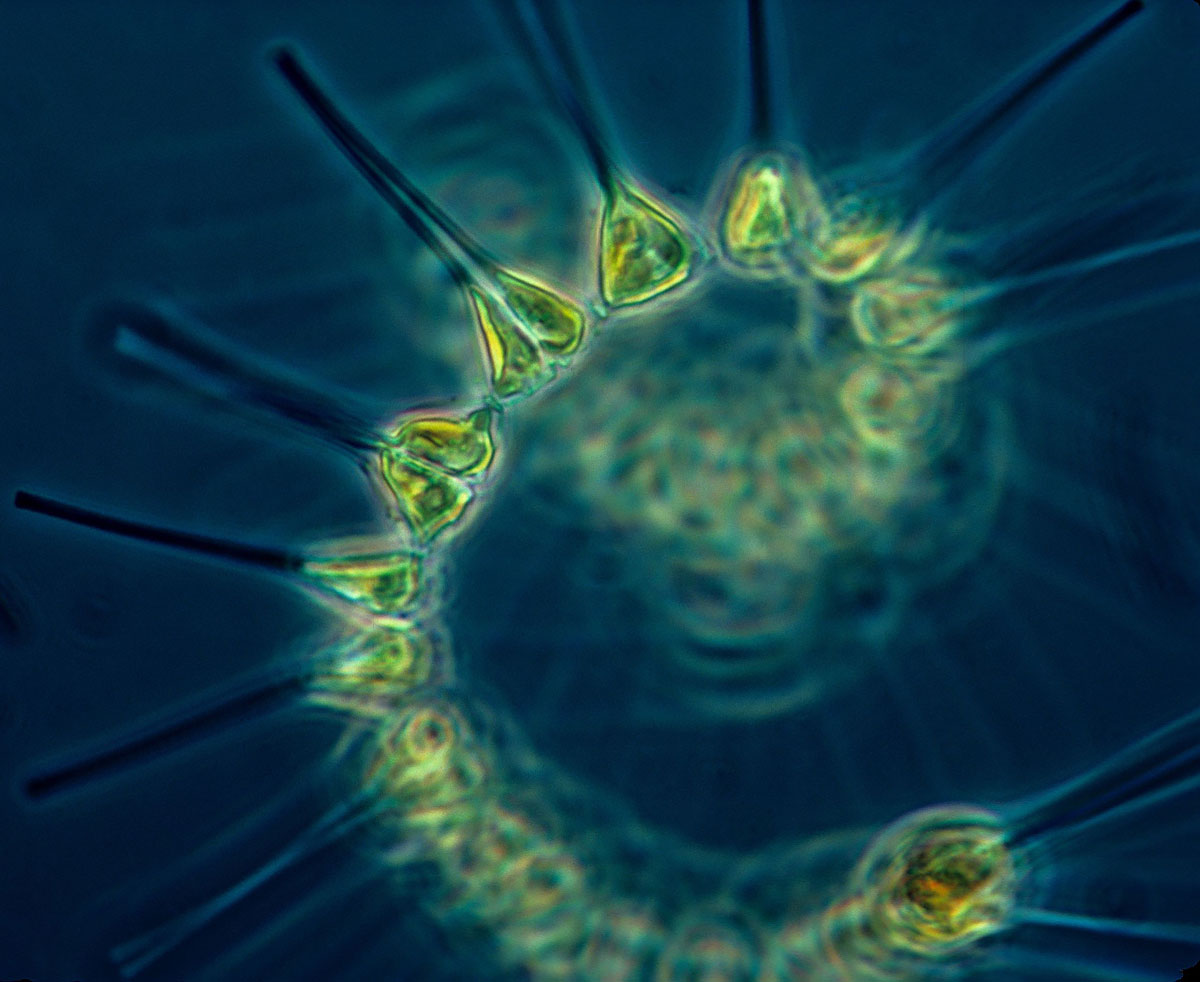Marine Phytoplankton: A Powerful Natural Supplement for Pet Health
Did you know that marine phytoplankton are tiny, single-celled marine organisms that play a massive role in our planet’s ecosystem? These microscopic plants remove carbon dioxide (CO₂) from the atmosphere and produce nearly 50% of the oxygen we breathe. Covering over 70% of the Earth’s surface, our oceans rely on phytoplankton as the foundation of the marine food chain — and now, they’re also being recognized for their incredible health benefits for pets.
What Is Marine Phytoplankton?
Marine phytoplankton are considered a whole food, meaning their nutrients are easily absorbed by the body without requiring digestion. Even the smallest amount can help support your pet’s overall health and vitality.
Phytoplankton are also the primary producers of Omega-3 fatty acids, the essential nutrients found throughout all marine life. Many experts consider phytoplankton to be a more sustainable and nutrient-rich alternative to fish oil, krill oil, or spirulina.
Top Benefits of Marine Phytoplankton for Pets
Whether your pet is healthy or facing a cancer diagnosis, phytoplankton can offer powerful, natural support for their body and immune system.
1. Strengthens the Immune System
Marine phytoplankton help boost immunity, enabling your pet’s body to fight off illness and disease more effectively.
2. Provides Complete Nutrition
Packed with vitamins, minerals, essential fatty acids, and amino acids, phytoplankton deliver a concentrated source of whole-food nutrition that supports appetite and energy levels.
3. Reduces Inflammation and Supports Healing
Its natural anti-inflammatory and antioxidant properties may help reduce the risk of cancer and remove harmful free radicals that damage healthy cells.
A Natural Way to Support Pet Cancer Health
For pets living with cancer—or those at risk—marine phytoplankton can be a gentle, nutrient-dense way to strengthen their immune system and support recovery.
Before adding any new supplement to your pet’s diet, please consult your veterinarian to ensure it’s appropriate for their health condition and current medications.
Learn More:
Visit our Health Hub

